Description
PERMABOND 101 is a low viscosity product useful in wicking or penetrating applications or bonding closely fitting parts. It is fast setting and suitable for use on plastics, rubber and metals.
Cyanoacrylate adhesives are single component adhesives that polymerize rapidly when pressed into a thin film between parts. The moisture adsorbed on the surface initiates the curing of the adhesive. Strong bonds are developed extremely fast and on a great variety of materials. These properties make PERMABOND cyanoacrylates the ideal adhesives for high speed production lines.
Features and Benefits
- Ultra-low viscosity
- Suitable for bonding pre-assembled parts
- Ideal for close-fitting plastic components
Approved to MIL-A-46050C Type II Class 1 (existing designs) & CID A-A-3097 Type II Class 1 (new designs)
Physical Properties of Uncured Adhesive
| Chemical Composition | Ethyl Cyanoacrylate |
| Appearance | Colorless/Clear |
| Viscosity @ 25°C | 2-3 mPa.s (cP) |
| Specific Gravity | 1.1 |
Typical Curing Properties
| Maximum gap fill | 0.05 mm (0.002 in) |
| Fixture/Handling time *
(0.3 N/mm^2 shear strength is achieved) |
3-5 seconds (Steel)
2-5 seconds (Buna N Rubber) 5-10 seconds (Phenolic) |
| Full strength | 24 hours |
*Handling times can be affected by temperature, humidity and specific surfaces being bonded. Larger gaps or acidic surfaces will also reduce cure speed but this can be overcome by the use of Permabond C Surface Activator (CSA) or Permabond QFS 16.
Typical Performance of Cured Adhesive
| Shear strength*
(ISO4587) |
Steel: 19-23 N/mm² (2800-3300 psi)
Aluminum: 7-9 N/mm² (1000-1300 psi) Zinc: 8-10 N/mm² (1200-1500 psi) ABS: >6 N/mm² (900 psi) SF** PVC: >6 N/mm² (900 psi) SF** PC: >5 N/mm² (700 psi) SF** Phenolic: 12-14 N/mm² (1700-2000psi) |
| Impact strength
(ASTM D-950) |
3-5 kJ/m² (1.4-2.4 ft-lb/in²) |
| Dielectric constant @ 10 kHz | 2.5 |
| Dielectric strength | 25 kV/ mm |
| Coefficient of thermal expansion | 90 x 10^-6 mm/mm/°C |
| Coefficient of thermal conductivity | 0.1 W/(m.K) |
| Hardness
(ISO868) |
85 Shore D |
*Strength results will vary depending on the level of surface preparation and gap.
**SF = Substrate failure


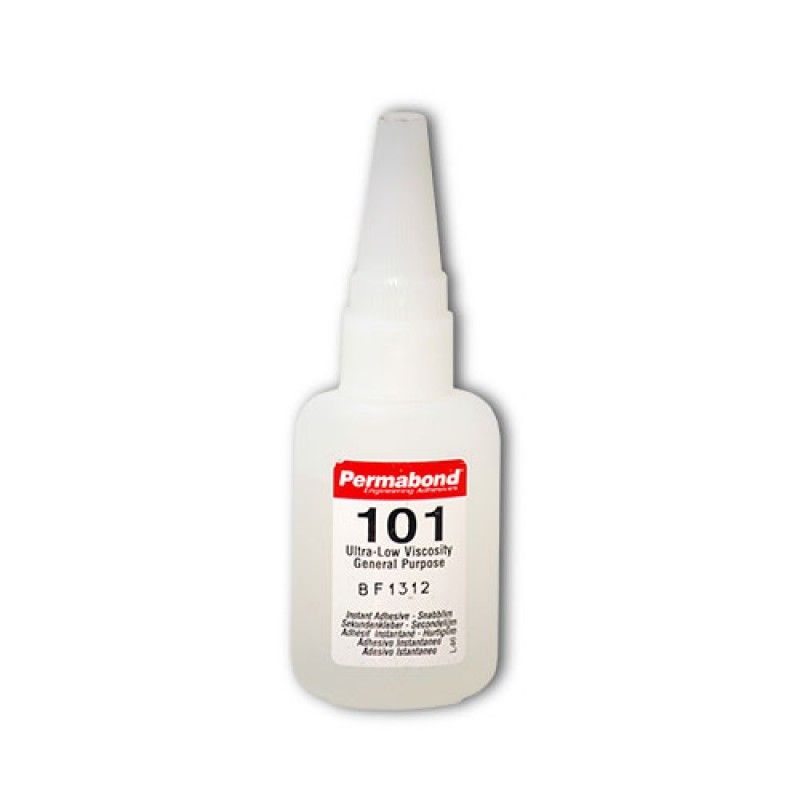
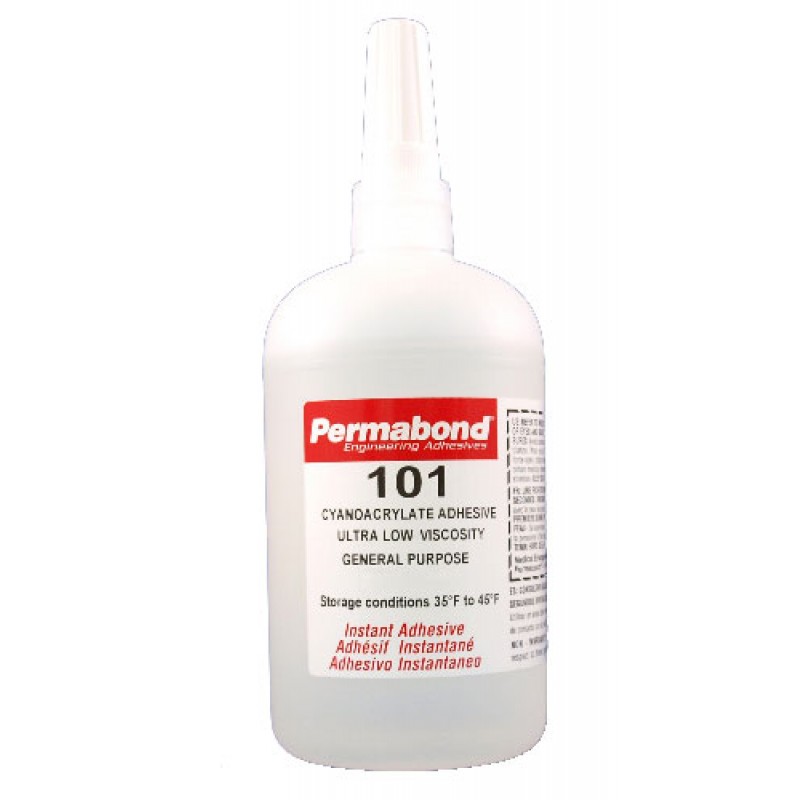
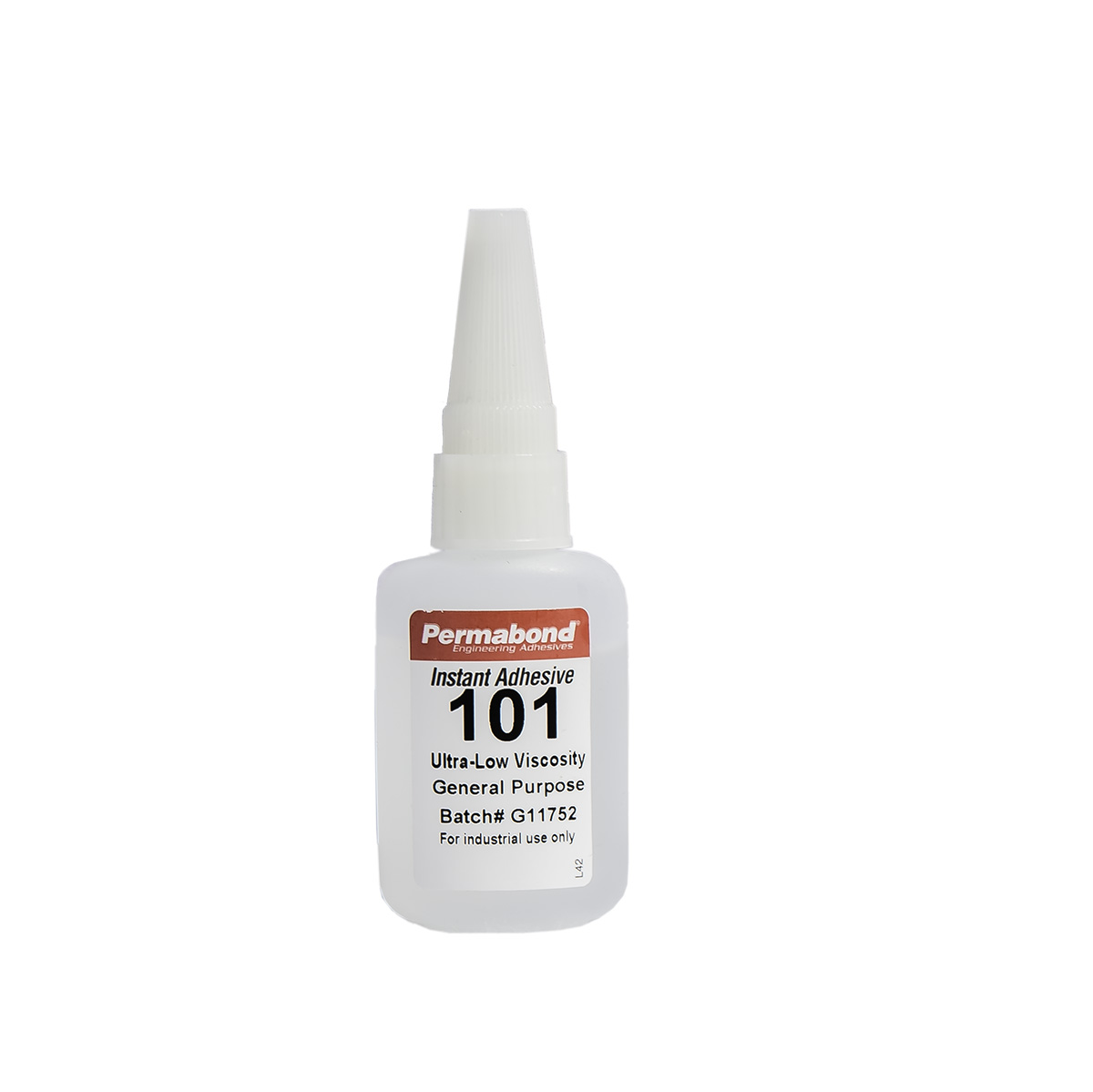
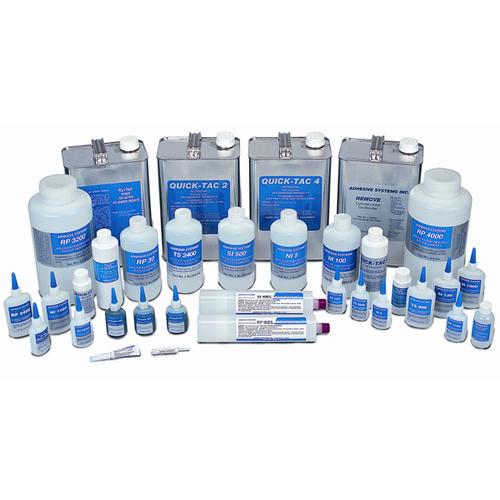
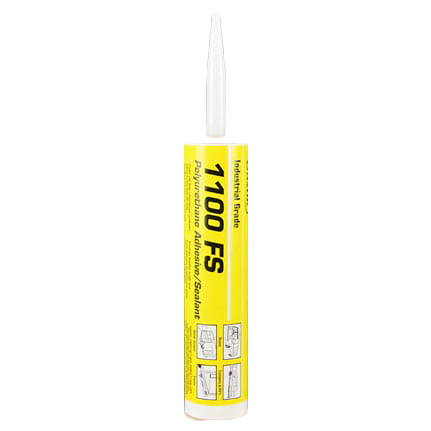
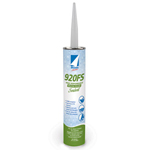
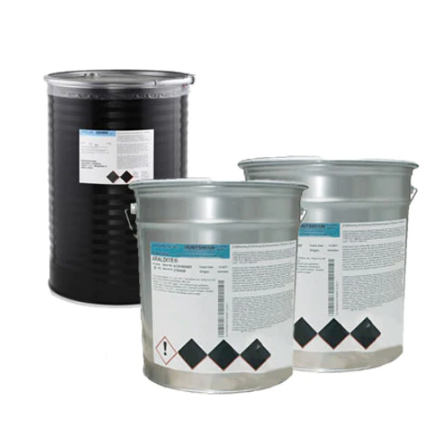
Reviews
There are no reviews yet.